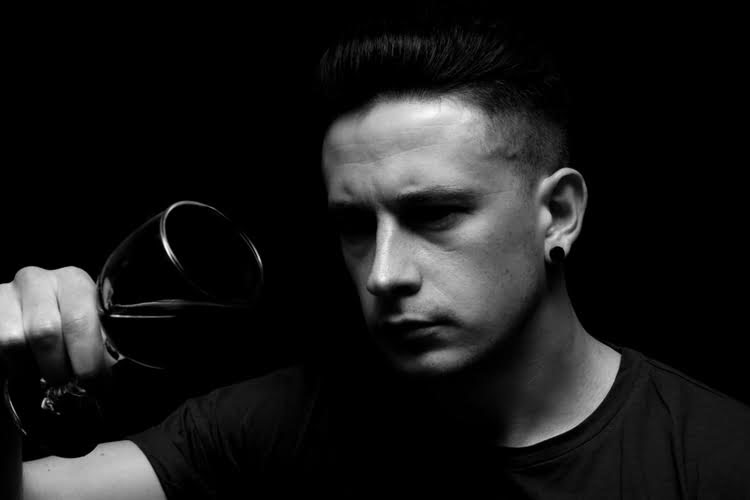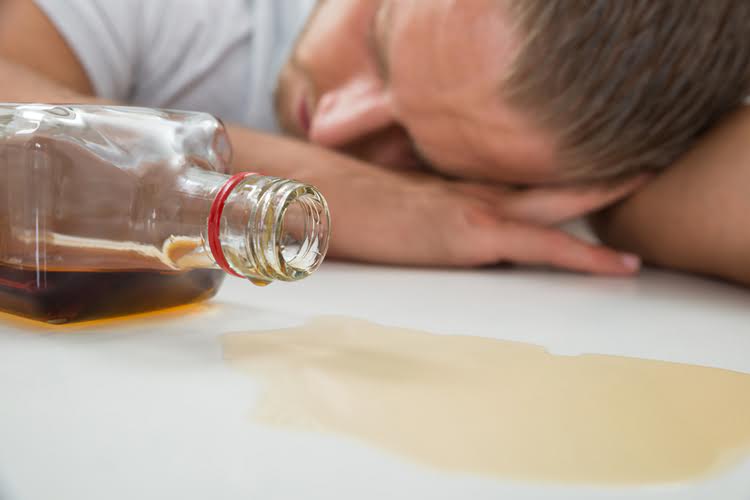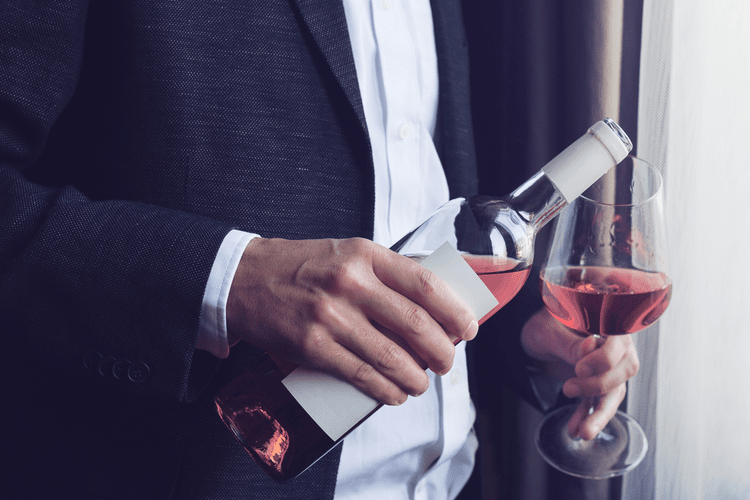People with sleep apnea should consider avoiding or reducing alcohol consumption. A person can speak with a doctor to discuss the best way to treat and manage their condition. Treating these conditions may be necessary as some individuals experience insomnia due to other health issues. More severe cases of chronic insomnia insomnia after quitting drinking may require different treatment strategies. Different forms of therapy, mindfulness, meditation, or hypnotherapy, can address insomnia symptoms.
Will a small amount of alcohol affect my sleep?
At The Recovery Village Palmer Lake, we’ve helped countless individuals navigate the challenges of withdrawal insomnia and achieve lasting recovery. We recognize that sleep problems during withdrawal are often interconnected with other physical and mental health issues. These sleep disturbances can be particularly frustrating because they occur when the body desperately needs rest to heal and recover from the effects of alcohol use. The lack of quality sleep can intensify other withdrawal symptoms and make the overall recovery process more challenging.

Managing Chronic Pain and Sleep: Helpful Tips for a Good Night’s Rest
If you drink alcohol before bed, you – or a partner – may notice snoring. That’s because alcohol functions as a muscle relaxant which can cause your airway to be more relaxed or floppy. That’s bad because the REM cycle is essential for feeling bright-eyed and rested when you get up in the morning.
How to Get Sleep During Alcohol Withdrawal
Once your brain and body have gotten used to the regular presence of alcohol, you’re alcohol-dependent. And once dependence sets in, suddenly stopping drinking can cause a number of reactions. For most people, these include anxiety, agitation, and difficulty falling or staying asleep. It’s possible to become dependent on alcohol within weeks or sometimes even days of use. More than 70% of those with alcohol use disorder (AUD) also experience alcohol-induced sleep disorders, such as insomnia, according to scientists in a 2020 review. Regular drinking has also been linked to https://ecosoberhouse.com/ shorter periods of rapid eye movement (REM) sleep, a disrupted circadian rhythm, and snoring.
- But the truth is, alcohol’s alleged “sleep-enhancing” benefits may not be all they’re cracked up to be.
- Family members and friends play a crucial role in supporting someone through withdrawal insomnia and the broader recovery process.
- The body’s internal clock, also known as the circadian rhythm, thrives on consistency.
- When alcohol is in the system, it initially acts as a sedative, helping people fall asleep quickly.
- While a moderate amount of alcohol may initially help you fall asleep faster, it can also lead to fragmented sleep, frequent awakenings, and decreased time spent in the restorative stages of sleep.
Since insomnia is merely a symptom of biochemical imbalance caused by prolonged drinking and/or withdrawal, there is no one-size-fits-all approach. Once we grasp the importance of biochemical balance, we can see why band-aid approaches to falling asleep RIGHT NOW (e.g., popping an Ambien) aren’t always best. Glutamate, a stress chemical that is suppressed during alcohol intoxication, rebounds to unnaturally high levels during withdrawal. Now that you’re well-versed with all the causes and potential solutions to post-alcohol insomnia, it’s time to put this knowledge into action. Modify routines, reevaluate lifestyle choices, and don’t hesitate to consult a professional if need arises.
Find Resources for Alcohol Treatment
This means that someone self-medicating spirals deeper into their dependency, turning it into a full-blown addiction faster. The higher the respondent’s alcohol dependency, the higher the total score. The cutoff value for alcohol use disorders is 10 points for men and 8 points for women. Therefore, we conducted this study to examine the effects of alcohol consumption on sleep quality and to provide recommendations for improving sleep quality. This article reviews the relationship between alcohol and insomnia, including how alcohol can affect sleep quality alongside the risks of poor sleep quality. It also considers ways to manage insomnia and prevent sleep disruption and answers some frequently asked questions.

Behavioral treatments may be preferable to medication in the context of AUD because they are longer-lasting and, theoretically, may break the cycle of using substances to manage distress (Brower, 2015). A new study suggests that perceived stress and depression factor into the relationship between the two conditions – perhaps not a surprise. But because the relationship between insomnia and heavy drinking goes in both directions, the influence of stress or depression depends on which condition came first, the analysis found.

On the other hand, the relationship between relapse and sleep architecture variables remains to be fully elucidated. Targeting insomnia during recovery from alcohol dependence may thus improve treatment outcome for the alcoholic patient. If you or someone you love is struggling with alcohol use and concerned about withdrawal symptoms like insomnia, professional help is available. The medical team at The Recovery Village Palmer Lake specializes in managing all aspects of alcohol withdrawal, including sleep disturbances, in a safe and supportive environment.
- Treating a co-occurring disorder without treating someone’s alcohol dependency, and vice versa, can mean setting up a possible relapse before treatment has truly begun.
- We will now proceed to explore some additional supplements that I’ve tried for myself at least several times each, and which I feel confident in recommending.
- It’s characterized by difficulty falling asleep, staying asleep, or both.
- The duration of alcohol withdrawal insomnia varies but typically improves over a few weeks.
- Over time, the sleep-inducing effects of alcohol become less pronounced, requiring larger amounts to achieve the same sedative effect.
The researchers noticed that alcohol affected fruit flies much like it affects humans. When flies received a high dose of alcohol, they took longer to fall asleep and were more likely to wake during the night, even several days after the alcohol left their system. As we’ve explored throughout this article, the relationship between alcohol and sleep is far more complex than it might initially appear. While many turn to alcohol as a quick fix for sleep troubles, the evidence clearly shows that this approach is counterproductive and potentially harmful in the long run.
Fragmented Sleep
Today, she educates and empowers others to assess their relationship with alcohol. Gill is the owner of the Sober Powered Media Podcast Network, which is the first network of top sober podcasts. Dealing with the temporary discomfort of insomnia can turn your health around in the long term, and ultimately, it can lead you to a more rested and healthier life. Support groups play an invaluable role in managing insomnia following alcohol cessation. These safe spaces offer emotional backing, shared experiences, coping strategies, and education about insomnia. Communicating with individuals experiencing similar issues can provide a sense of communal sharing, reducing feelings of isolation and promoting positivity.
- Although sleep disturbances are common during alcohol detox, ongoing problems hint at more severe issues.
- However, again, thereare other possible mechanisms that may also contribute to these effects.
- Don’t wait—take the first step toward better sleep and improved health today.
Short-term sleep improvements (Weeks 2-
The movement between NREM and REM sleep involves a complex interaction betweenREM-on and REM-off Substance abuse neuronal groups in the brainstem. The REM-on groups largely consist ofcholinergic cells in the lateral dorsal tegmentum (LDT) and the pedunculo pontine tegemental(PPT) nuclei. REM-off cells involve the serotonergic dorsal raphe nucleus and noradrenergiclocus ceruleus. The model originally developed by McCarleyand Hobson (1975) proposed a set of reciprocal interactions between the two groupsof neurons whereby REM-on neurons are influenced by a self-excitatory loop but also have anexcitatory link to REM-off neurons. Once a threshold level of activation is reached in theREM-off cells, they become dominant.